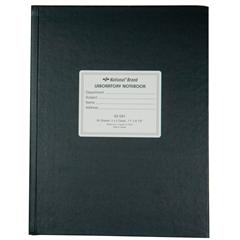|
Lab Number and Title
|
Topics/Goals
|
Reading Assignment |
Assignment Date |
Due Date
|
Lab 1: Learning the System
Sample lab report
Astrometry.net uncertainties |
- Learn Aladin web interface
- Learn to point the telescope (Cartes du Ciel)
- Learn to operate the camera (MaxIm DL) and focus (Focusmax)
- Learn basics of astrometry (astrometry.net)
|
Lecture 1 (of Phys 321)
Lecture 2 (of Phys 321) |
Wednesday 01/18 |
Wednesday 02/08 |
Lab 2: CCD Digital Imaging
Python Tutorial
|
- Learn about CCD cameras
- Learn calibration procedures (bias and dark frames)
- Learn Python image analysis
- Learn about signal to noise ratio and photon statistics
|
|
Wednesday 02/01 |
Wednesday 02/22 |
Lab 3:Imaging Asteroids
|
- Precision astrometry and photometry of moving objects
- Learn to obtain minor planet center information
- Calibration (including flats), combining, and aligning of CCD images
- Finding moving objects with Astrometrica.
- Create minor planet center report
|
|
Wednesday 02/15 |
Wednesday 03/08 |
| Lab 4: Eclipsing Binary Stars |
- Planning observations
- Precision photometry
- Obtaining light curves
- Epoch fitting
- Binary star analysis
|
|
Wednesday 03/08 |
Wednesday 04/05 |
| Lab 5: Spectroscopy |
- Basics of spectroscopy
- Laboratory measurement and calibration of spectral data
- Taking astronomical spectra
- Stellar classification, physical properties
|
|
Wednesday 03/29 |
Wednesday 04/19 |
Student Choice Lab, choose one
Lab 6: Solar H-alpha Imaging, Lunar Imaging, Planetary Imaging, Star Color Photometry |
- Planning observations
- Learning new software
- Taking appropriate images for the purpose
- Calibration, combining, enhancement of images
- Quantitative analysis of data
|
|
Wednesday 04/12 |
Tuesday 05/02 |
Final Project: Make a true-color deep sky image
2006 Student Images
2008 Student Images |
- Observe from a dark sky site (http://uacnj.org)
- Choose your own object to image
- Take images in multiple color filters
- Learn to combine LRGB filters to a single color image.
|
|
Wednesday 04/26 |
Wednesday 05/10 |
